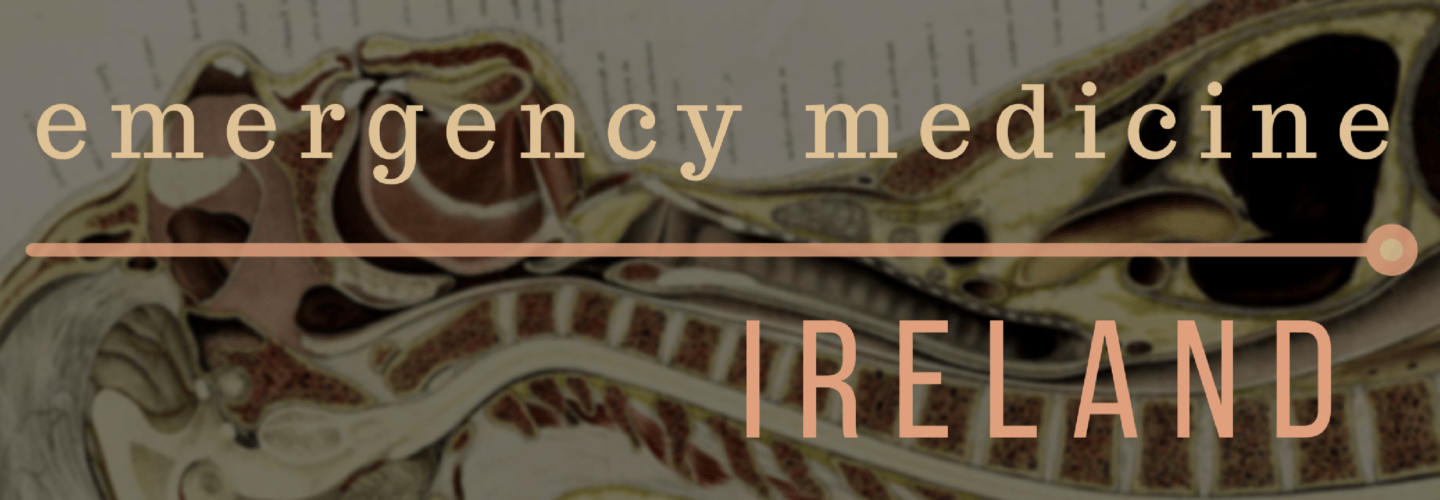As always, this is from the ever expanding google doc on bits and bobs I read and learn from and transfer here for all our learning pleasure. This one from a recent training day in one of the Dublin children’s hospitals.
- relatively common, most often in kids 2-6
- usually without splenomegaly
- as usual with something with “idiopathic” in the name it is a diagnosis of exclusion
- very rarely involves serious bleeding despite platelets commonly <20
- 90% rate of spontaneous remission. Steroids are commonly given but perhaps not always needed given the low mortality (<1%) and good rate of spontaneous improvement.
- outbreaks in spring and autumn associated with URTIs implying an autoimmune cause
- vast majority can be discharged (with follow up of course, usually recheck blood count in a week or so). Note Rosen’s suggests initial admission but my own experience and that of the paeds haematologist speaking to us was that admission achieved little.
- head bleeds
- a big deal if they happen
- give lots of platelets (more than usual) as the platelets you transfuse will disappear in the same way that the patient’s platelets have already disappeared
- definite indication for steroids and some IVIG
References:
- Lecture by paeds haematologist, Dublin 2015 (high quality referencing there…)
- Rosen’s 8th ch 122, p 1611
Image credit:

Pingback: LITFL Review 180 | LITFL